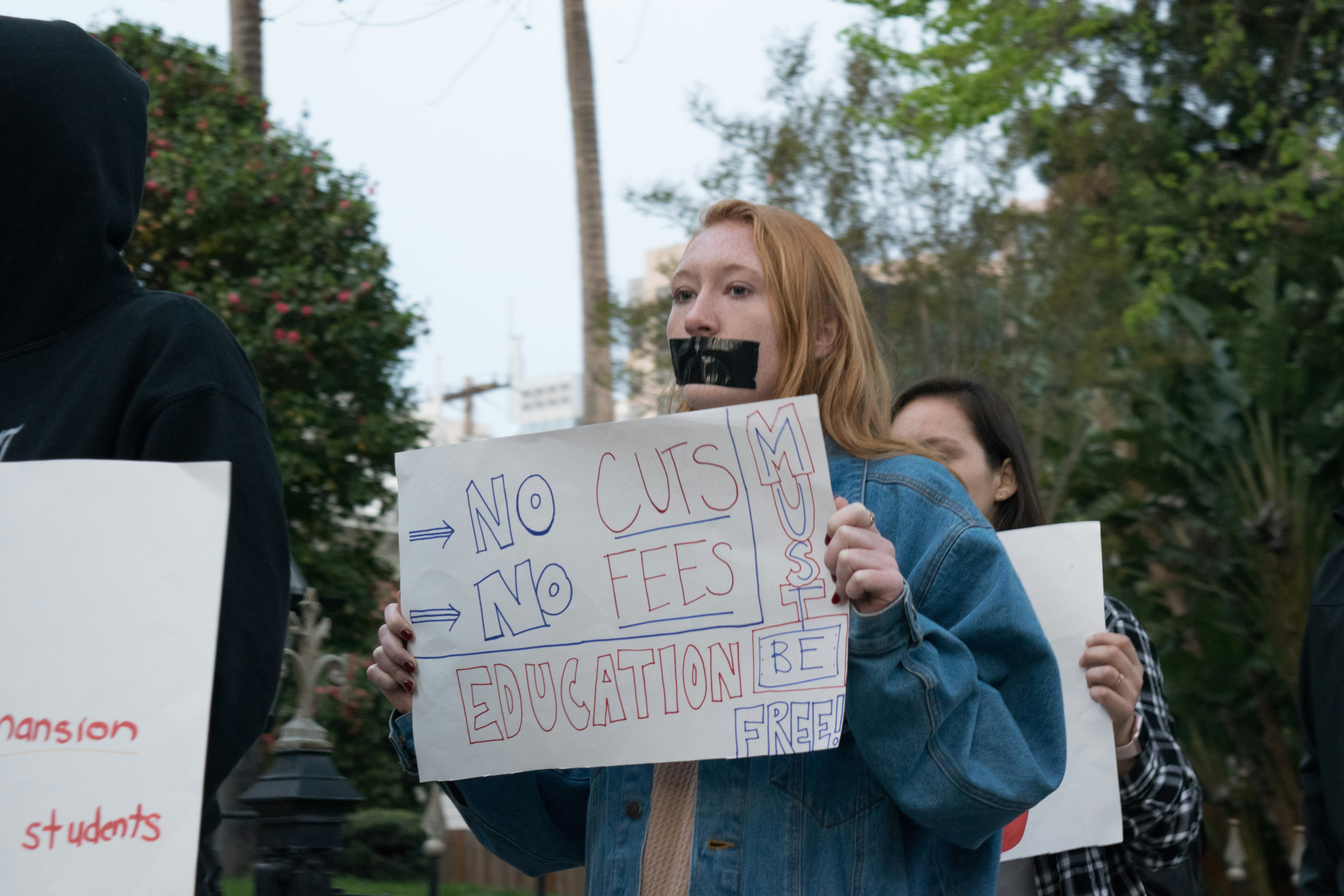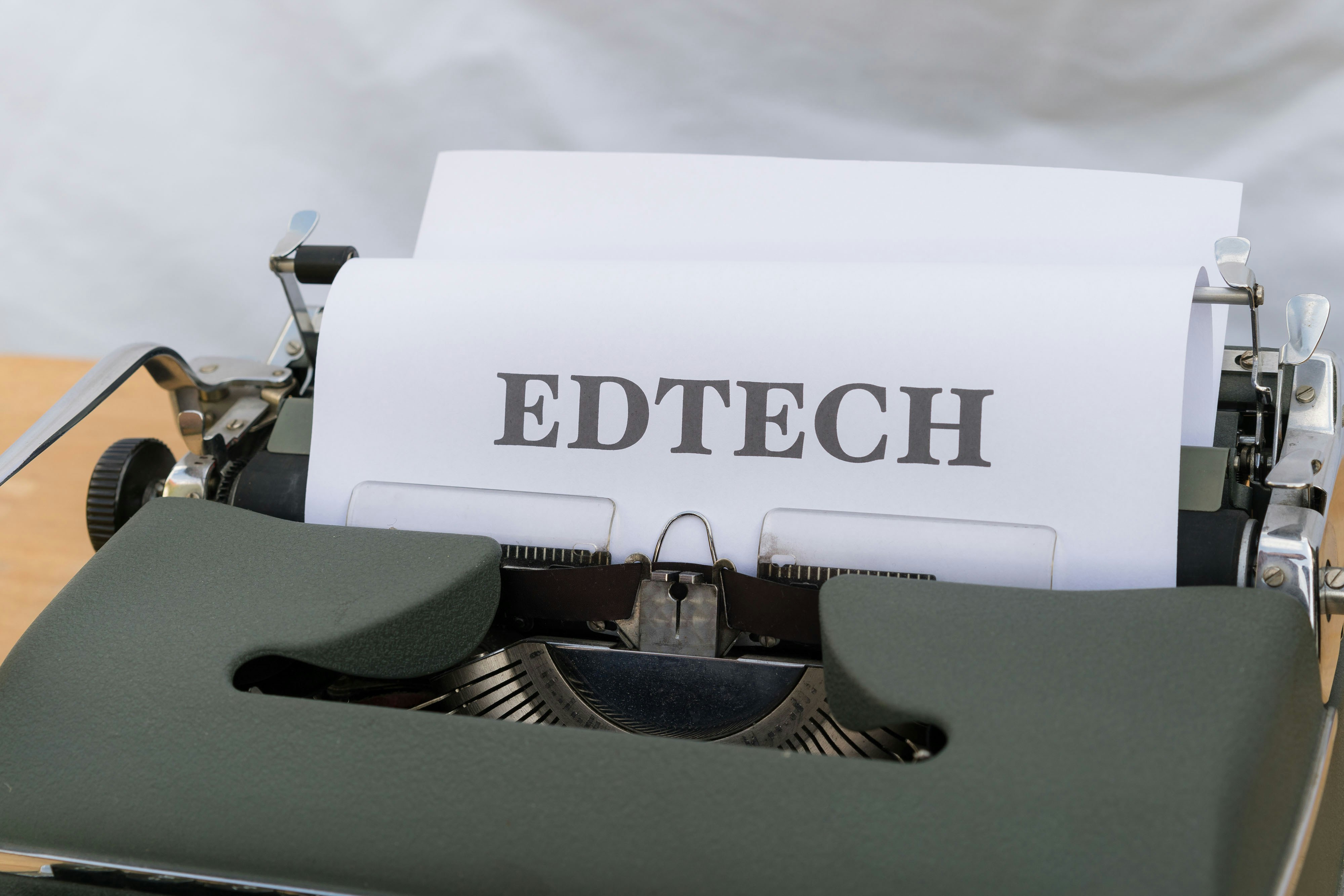Understanding the Impact of Neo-Liberalism in the Context of Education

Defining Neo-Liberalism and Its Principles
Neo-liberalism is an economic and political philosophy that emerged in the mid-20th century, primarily in response to the perceived limitations of the welfare state model. Originating from a blend of classical liberal ideas and contemporary economic theories, neo-liberalism advocates for free-market capitalism, minimal government intervention in the economy, and the belief that individual self-interest leads to societal benefits. Economists such as Milton Friedman and Friedrich Hayek were instrumental in popularizing this ideology, arguing that markets are the most efficient allocators of resources and that government intervention often leads to inefficiencies.
At the core of neo-liberalism lies the principle of market-driven policies. This approach posits that competition fosters innovation and quality, which is particularly evident in sectors such as education, healthcare, and public services. By treating these sectors as markets, neo-liberal policies promote privatization and deregulation, suggesting that the forces of supply and demand should dictate outcomes rather than governmental controls. This transformation aims to empower consumers by increasing choices and reducing costs, yet it often raises concerns about equity and access to essential services.
Individualism is another cornerstone of neo-liberal thought. It emphasizes personal responsibility and autonomy, suggesting that individuals should be free to make choices that best suit their needs and aspirations. In this context, the role of government is redefined; rather than being a provider of services, it shifts towards being a facilitator of conditions that allow markets to thrive. Consequently, this paradigm often prioritizes economic growth over social welfare, leading to debates about the erosion of social safety nets and the implications for marginalized groups.
Overall, as neo-liberalism continues to evolve, its principles have significant implications across various domains, notably in education, where market-oriented reforms have sparked both support and criticism regarding their effectiveness and impact on equity.
Neo-Liberal Policies in Education: An Overview
Neo-liberalism has significantly reshaped the educational landscape through the implementation of various policies aimed at increasing efficiency and competitiveness. One of the most pronounced effects of neo-liberal ideology in education is the privatization of schools. This shift has led to the emergence of charter schools and private institutions that operate independently of traditional public school systems. Advocates assert that competition among these schools can drive improvements in quality, while critics argue that it may exacerbate inequalities by diverting resources from underfunded public schools.
Standardized testing is another cornerstone of neo-liberal educational policy. These assessments are designed to measure student achievement, holding schools accountable for their performance through test scores. Proponents argue that standardized testing provides objective data on educational effectiveness, fostering a culture of accountability among educators and administrators. However, this approach also presents challenges, such as teaching to the test, which can narrow the curriculum and limit the scope of student learning experiences. The pressure to perform can lead to significant stress among students and teachers alike, highlighting the unintended consequences of such policies.
School choice represents a further aspect of neo-liberal policies, allowing parents to select educational institutions that best meet their children’s needs. While this can empower families and improve educational outcomes for some, it can also reinforce socio-economic disparities, as higher-income families often have greater access to quality schools. Furthermore, accountability measures aimed at ensuring educational quality can lead to punitive actions against underperforming schools, which may not address the root causes of their challenges. Thus, while neo-liberal policies in education aim to enhance overall performance, they often carry complex, multifaceted implications for educational equity and quality.
The Effects of Neo-Liberalism on Students and Educators
The implementation of neo-liberal policies in education has significantly transformed the landscape for both students and educators. One of the most pressing issues resulting from these policies is the challenge of equity in education. Neo-liberalism often promotes competition among schools, which can exacerbate disparities, particularly for students from socio-economically disadvantaged backgrounds. The allocation of resources frequently favors institutions that perform well, thereby further marginalizing schools that struggle, and, consequently, the students they serve. Such inequities not only affect academic outcomes but also shape the self-perception and motivation of students facing systemic barriers.
Furthermore, the mental health of both students and educators has been profoundly affected by the pressures associated with neo-liberal educational frameworks. Students are frequently subjected to rigorous testing and performance metrics that prioritize standardized assessments over holistic learning experiences. This intensified focus can lead to elevated levels of anxiety and stress, diminishing the overall quality of their educational experience. Simultaneously, educators find themselves in a challenging position where they are increasingly seen as agents of economic efficiency rather than as facilitators of learning. This shift undermines their professional autonomy and contributes to job-related stress, resulting in higher turnover rates among teachers, which further impacts student outcomes.
In addition to these issues, the roles of educators are being redefined within a neo-liberal context. Teachers are often expected to adopt managerial approaches, focusing on student performance data rather than fostering a collaborative and supportive learning environment. Such changes can alienate educators from their primary mission, which is to support students’ growth and development. The effects of these shifts also differ across socio-economic groups; for example, educators in wealthier districts may experience fewer pressures than those in underfunded schools. This disparity highlights the need for a critical examination of the neo-liberal policies in education to ensure that they support rather than hinder the well-being of students and educators alike.
Critiques and Alternatives to Neo-Liberal Education Policies
Neo-liberalism in education has attracted significant criticism from various stakeholders, including educators, scholars, and activists. One predominant critique centers on the commodification of education, which views students primarily as consumers of educational services. This perspective often leads to an emphasis on standardized testing and accountability measures that prioritize quantifiable outcomes over meaningful learning experiences. Critics argue that such an approach undermines intrinsic motivation, creativity, and critical thinking—essential elements for fostering a productive and engaged society.
Moreover, neo-liberal education policies are frequently criticized for exacerbating inequalities. The emphasis on market-driven practices often leaves marginalized communities at a disadvantage, as resources and opportunities become increasingly concentrated in affluent areas. Educators advocating for social justice argue that these policies neglect the importance of context and fail to address systemic barriers that students from disadvantaged backgrounds face. This inequitable distribution of resources perpetuates cycles of poverty and disenfranchisement, challenging the very essence of education as a tool for empowerment.
In light of these critiques, alternatives to neo-liberal policies are emerging that focus on equity and community involvement. Progressive educational frameworks advocate for an inclusive approach where stakeholders—students, parents, and teachers—actively participate in decision-making processes. Such models prioritize holistic education, emphasizing the interconnectedness of academic knowledge, social-emotional development, and civic responsibility. By cultivating a collaborative environment, these alternatives seek to dismantle hierarchies and foster an atmosphere where all voices are heard and valued.
Engaging in open dialogue about educational values and practices is imperative for envisioning a post-neo-liberal context. A commitment to equity, community engagement, and holistic education may not only challenge existing neo-liberal paradigms but also inspire innovative solutions to the complex challenges facing contemporary education systems. The path forward must involve a collective reimagining of what education can and should accomplish in serving diverse communities.

Responses